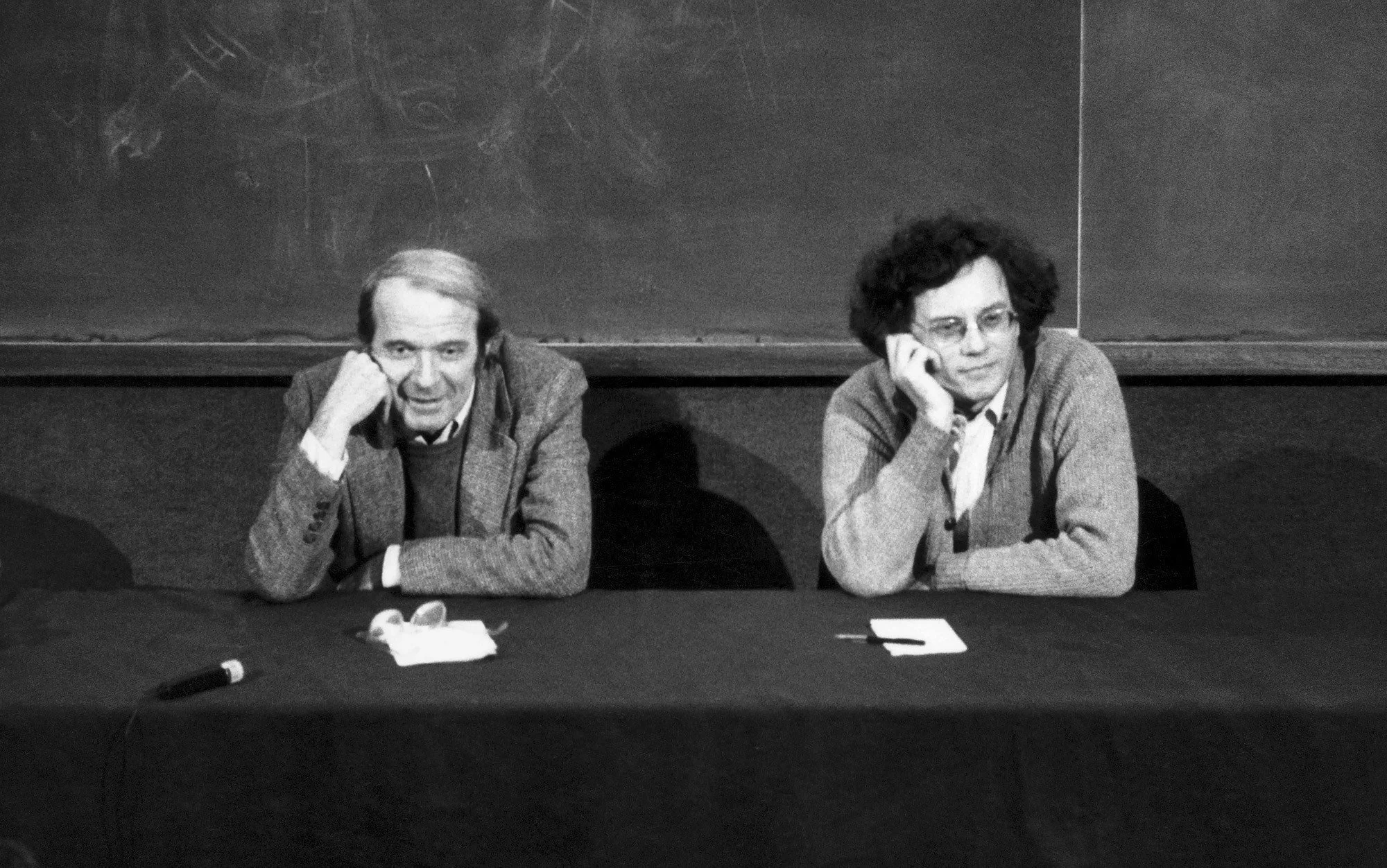Deleuze and Guattari on Fascism
Who were Deleuze and Guattari?
Gilles Deleuze (1925-1995) was a French philosopher known for his influential contributions to post-structuralism and his collaboration with Félix Guattari. Deleuze studied philosophy at the University of Paris, where he later became a professor. He wrote extensively on a wide range of topics, including metaphysics, ontology, aesthetics, and political philosophy. Some of his notable works include "Difference and Repetition," "The Logic of Sense," and "Anti-Oedipus: Capitalism and Schizophrenia," co-authored with Guattari.
Félix Guattari (1930-1992) was a French psychoanalyst and philosopher. He trained as a psychoanalyst and worked closely with Jacques Lacan, a prominent figure in psychoanalysis. Guattari was interested in the relationship between subjectivity, desire, and social and political structures. He developed a unique theoretical framework that integrated psychoanalysis, politics, and philosophy. Alongside Deleuze, Guattari co-authored several influential books, including "A Thousand Plateaus: Capitalism and Schizophrenia" and "What is Philosophy?".
Deleuze and Guattari's collaboration was marked by their shared interest in challenging traditional philosophical and social systems. They developed a non-hierarchical and anti-authoritarian approach that emphasized the multiplicity of perspectives and the importance of creativity and difference. Their work has had a significant impact on various fields, including philosophy, social theory, cultural studies, and political activism.
Deleuze and Guattari on Fascism
Deleuze and Guattari approach fascism as a political and social phenomenon that is deeply entangled with capitalism and its desire for control and domination. They argue that fascism operates through the creation of a "body without organs," a kind of machine-like entity that is stripped of individuality and creativity and that serves the interests of the state.
According to Deleuze and Guattari, fascism relies on the repression of desire and the imposition of rigid social hierarchies in which certain groups are privileged over others. It is a form of totalitarianism that seeks to eliminate difference and diversity, enforcing a kind of homogeneity that is antithetical to the complexity and multiplicity of life.
In their view, the key to resisting fascism lies in creating alternative modes of existence and ways of relating to one another that embrace difference and challenge the structures of power and control that underpin capitalist society. This requires a rejection of conformity and the celebration of individuality and creativity, as well as a commitment to solidarity and collective action in the face of oppression and inequality.
